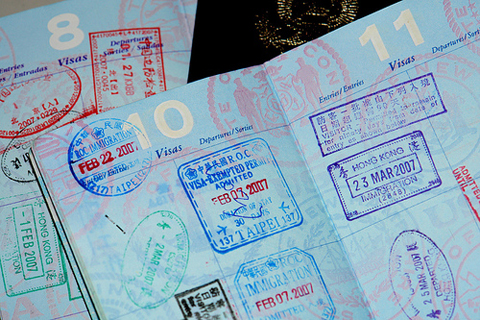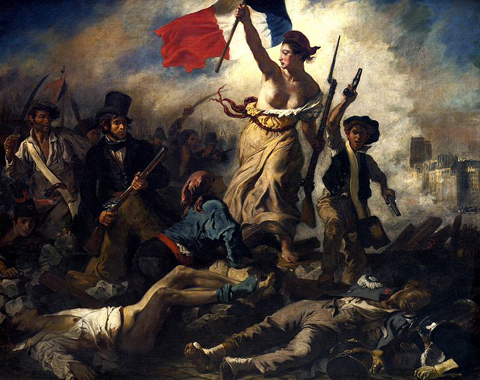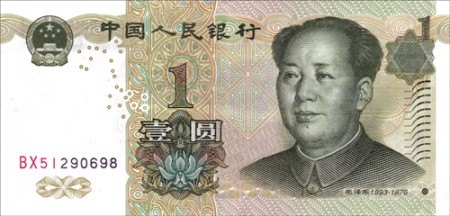
This week the ISN will examine the role of nationalism in an evolving and dynamic international system. We will also consider whether multiculturalism is a necessary and appropriate response to some of the more retrograde and unsettling aspects of nationalism. From the outset, however, it is important to mention that the social science literature on nationalism often emphasizes 1) the lack of a comprehensive definition for the term, or 2) that there is a multiplicity of nationalisms. Indeed, these nationalisms often get defined with catch-all terms such as New Nationalism, Liberal Nationalism, Small Nationalism and so on. This multiplicity, in turn, confirms that the very concept of the nation has developed across the course of history and refers to more than just to a group of people born in the same place.
Again, to chart our understanding of nationalism today, we begin by quickly outlining Ernst Renan’s conception of the nation-state, followed by a look at how some analysts are trying to transform this traditional view of it in order to respond more effectively to the stresses of globalization. (Yes, nationalism provides states with a cohesive identity, but often by playing upon the insecurity of societies to achieve desired outcomes.) Finally, we will quickly look at multiculturalism and see whether it offers an approach to addressing global challenges that is more user-friendly than nationalism.



